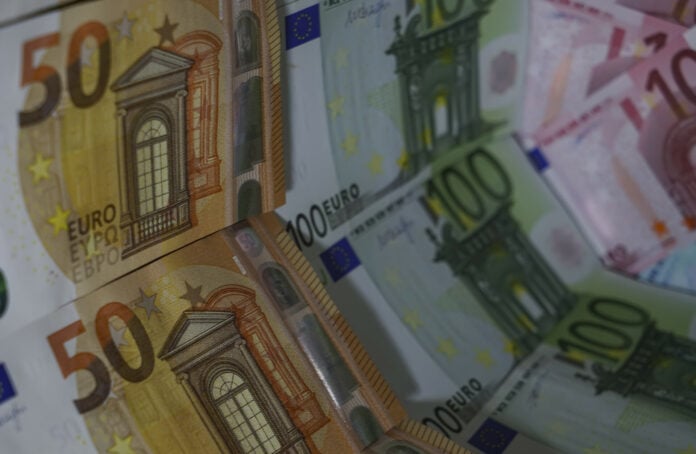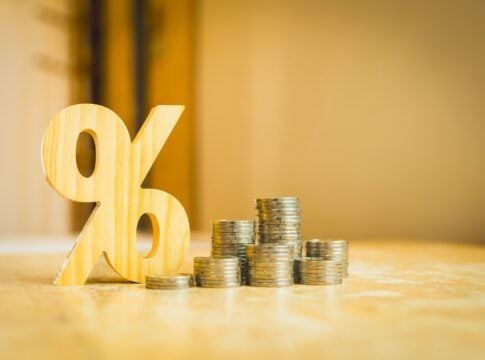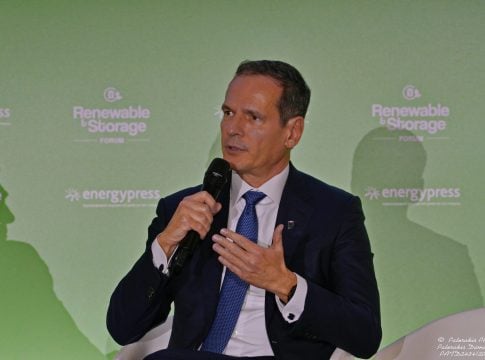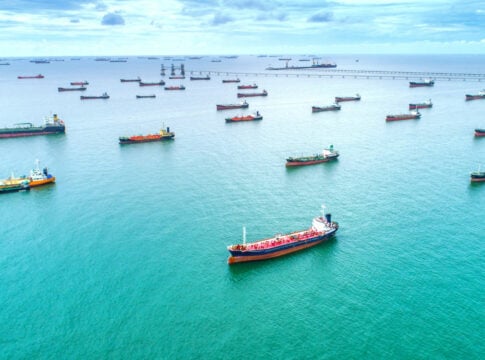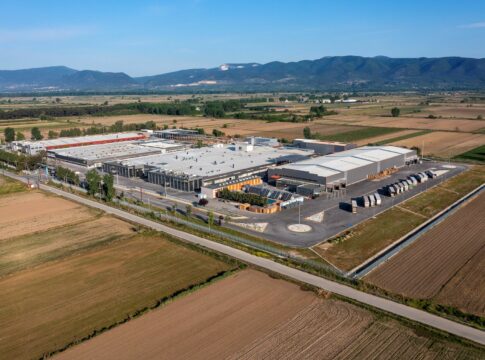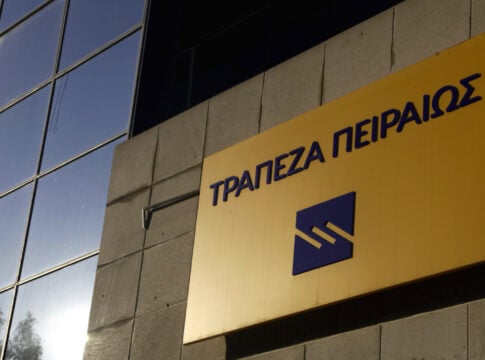The European Investment Bank (EIB) provided funds totaling 2.2 billion euros to Greece in 2024.
Particular emphasis was placed on energy supply, business development and disaster management. According to the results of the Bank’s survey, investment levels were 40% higher than pre-covid levels.
“Greek businesses are demonstrating remarkable resilience and optimism, even amid global economic uncertainties,” said EIB Vice-President Yiannis Tsakiris. “The EIB Group remains committed to supporting the country’s investment ambitions, ensuring that local businesses in Greece have access to the financing they need to thrive in a competitive global landscape.”
As the survey showed, the share of companies investing has been increasing over the last years, reflecting the continued strong performance of the Greek economy. “Investment prospects are positive. Greek companies are, overall, positive about the economic climate, availability of external and internal financing.”
Greek companies appear more optimistic than other EU companies. The only exceptions are SMEs and companies in the construction sector, which express reservations about the political and regulatory climate.
For Greece, the survey showed that:
- Greek businesses are more involved in international trade than their EU counterparts (74% vs. 63%), being twice as likely to import from abroad. However, they are still significantly affected by trade disruptions, although these concerns are easing in the rest of the EU.
- 88% of Greek businesses report facing frictions in the EU single market when exporting within the bloc, compared to just 60% of EU businesses overall.
- Red tape remains a challenge. 63% of Greek businesses employ staff to handle administrative requirements, compared to 86% in the EU. In the construction and infrastructure sector, as well as among small and medium-sized enterprises, 1 in 4 businesses employs more than 10% of its workforce solely for bureaucratic compliance reasons.
- 70% of Greek companies stated that they are affected by climate change. Furthermore, 60% of Greek businesses are taking action to adapt to climate change, levels higher than the European average of 48%.
- On the other hand, Greek businesses are less likely to take preventive measures or reduce carbon emissions compared to the EU (77% vs. 91% respectively).
- Investments in the green transition are also lower than in the EU as a whole. Greek businesses are much less likely than European companies to have already invested in mitigating the effects of climate change and are less likely to plan future investments. It is noteworthy that 32% of Greek businesses report investing in energy efficiency in 2023.
- Innovation and digitalization are a key source of business competitiveness. In this respect, Greek companies are faring well compared to the European average, with around 3 in 10 (29%) reporting innovation activity in 2023. In terms of the use of digital technologies, the figure reaches 53% compared to 74% in the EU. On the other hand, Greek companies are leading the way in the adoption of drones and are equally likely to adopt 3D printing.


